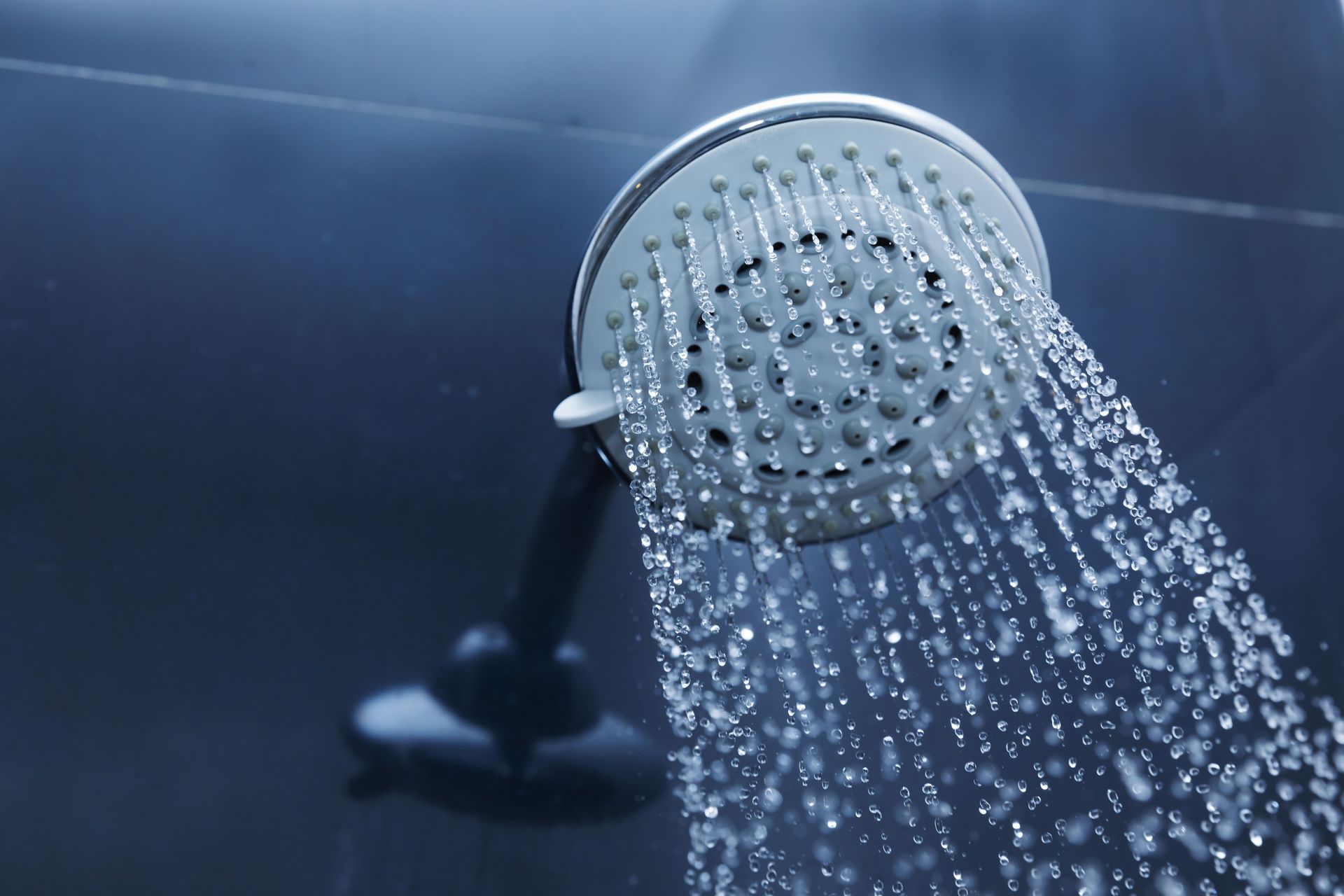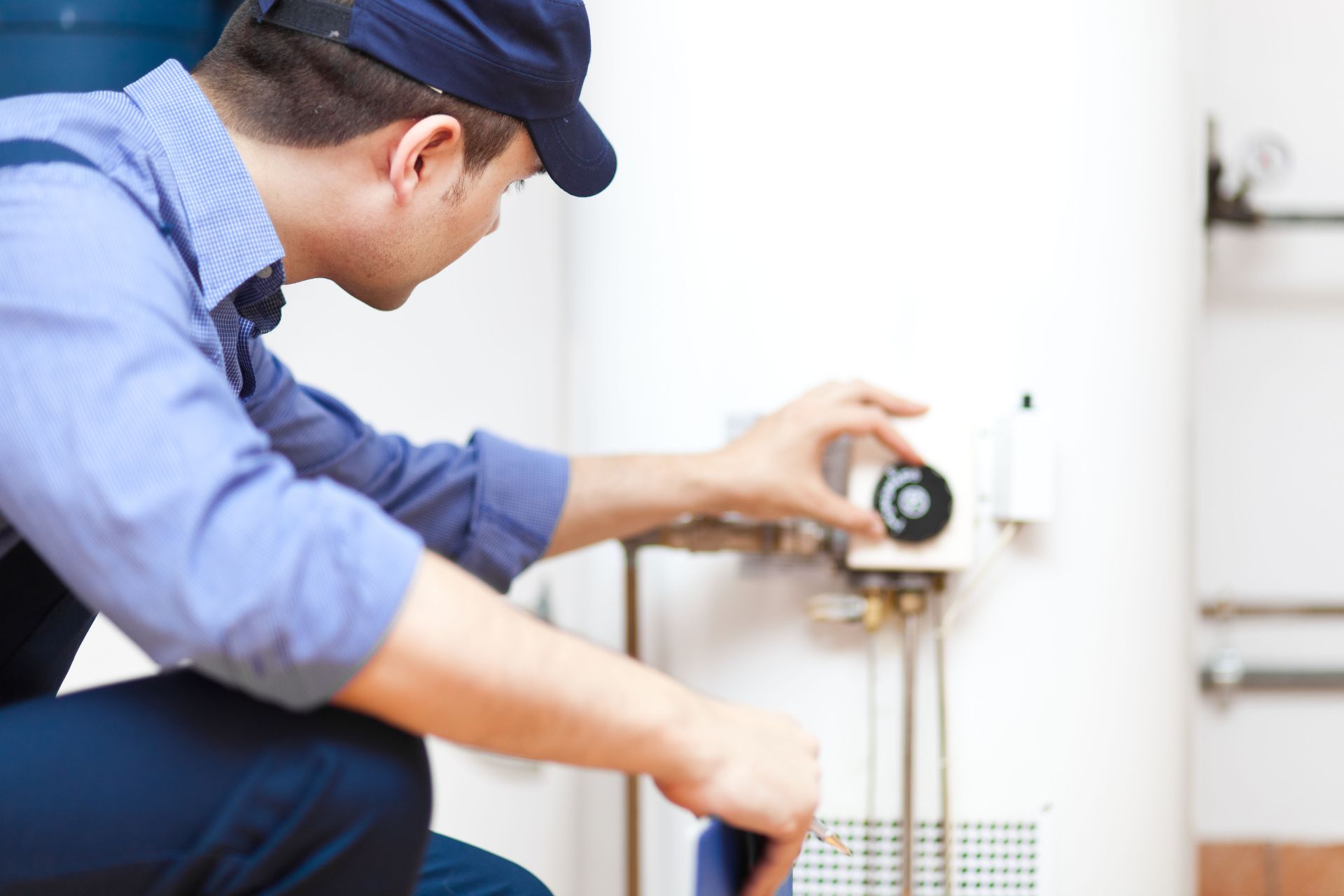September 18, 2025
Understanding the importance of water conservation and its impact on the environment and bills can motivate homeowners to implement effective strategies to decrease water consumption. The finite nature of fresh water makes it a crucial resource to manage, not just for individual savings but for overall environmental sustainability. It's not only about saving money; conserving water also means reducing energy use, since water heating is a significant energy expense. In household contexts, taking small, actionable steps can lead to substantial changes in water usage patterns.
1. Upgrade Home Plumbing Fixtures
1.1 Install Low-Flow Showerheads
Upgrading to low-flow showerheads is one of the simplest yet most effective ways to reduce water usage in a household. Such showerheads are designed to use less water without compromising on water pressure, providing the same level of service with up to 50% less water consumption. This change not only conserves water but also reduces the energy needed to heat the shower water, leading to lower utility bills. Implementing this change in multiple bathrooms within a home can exponentially increase water savings. A professional plumbing service can quickly handle these upgrades, saving you time and ensuring correct installation.
1.2 Use Water-Saving Faucets
Water-saving faucets are another crucial upgrade for those looking to reduce water consumption. These modern fixtures incorporate aerators that limit water flow by mixing it with air, thereby using less water without affecting washing efficiency. By reducing the flow rate, these faucets can save as much as 700 gallons of water each year for a family of four. The gentle flow also translates into less wastage while performing daily tasks like hand washing or dish rinsing. A plumbing service can recommend the best models and handle the installation seamlessly.
1.3 Switch to High-Efficiency Toilets
Toilets use a substantial portion of a household's water, accounting for nearly 30% of total usage according to the EPA. Switching to high-efficiency toilets, which use significantly less water per flush than older models, can drastically cut down water consumption. These toilets operate with a dual-flush system, allowing users to select different flush volumes for liquid or solid waste. Such systems can save thousands of gallons of water per year per household. Many homeowners rely on a plumbing service to remove outdated toilets and replace them with high-efficiency models.
2. Optimize Water Use in the Kitchen
2.1 Use Dishwashers Efficiently
Modern dishwashers are designed to be more water-efficient than washing dishes by hand, but efficiency is key. Running a dishwasher only when it is full rather than partially loaded can significantly reduce water usage. Many dishwashers come with eco-friendly settings that use less water and energy, further promoting sustainability in the kitchen. Regular maintenance, such as cleaning filters and arms, also improves overall efficiency, allowing the dishwasher to run with optimal water usage. If issues arise, a plumbing service can ensure your dishwasher is operating at its peak performance.
2.2 Practice Mindful Cooking
Mindful cooking involves being conscious of how much water is used during meal preparation. Simple actions, such as using just enough water to boil vegetables or rinsing produce in a pan rather than under running water, can contribute to water conservation. Cooking in bulk or planning meals that reuse cooked water for other purposes can also optimize water usage. By incorporating these habits, not only do you save water, but you also become more resource-efficient in the kitchen. A plumbing service can even suggest sink accessories that make water-saving practices easier.
2.3 Avoid Wasting Water During Clean-up
Tackling water wastage during kitchen clean-up involves adopting smarter habits. For instance, filling up a sink or basin to wash dishes instead of letting the tap run can conserve significant amounts of water. Using a scraper to remove food residues from plates before washing minimizes pre-rinsing needs and results in less water use. Installing a foot pedal valve can control water flow directly at the faucet, reducing unnecessary wastage. For more advanced options, consulting a plumbing service can provide solutions like retrofitting faucets with advanced flow-control devices.
3. Adapt Gardening and Landscaping Practices
3.1 Choose Drought-Resistant Plants
Drought-resistant plants are a smart and sustainable choice for water-conscious gardeners. These plants are hardy and require minimal watering, thriving in less favorable conditions, which significantly reduces water usage. By opting for native species that are adapted to local climates, homeowners can ensure a vibrant garden that requires less time and resources to maintain. This practice not only conserves water but also encourages biodiversity, as indigenous plants support local wildlife. For irrigation setup, a plumbing service may help integrate water-efficient systems into your yard.
3.2 Use Mulch to Retain Moisture
Applying mulch in gardens is an effective strategy for retaining soil moisture and reducing reliance on supplemental watering. Mulch acts as a barrier, shading soil from direct sunlight, reducing evaporation, and maintaining consistent moisture levels. Beyond saving water, mulch supports healthy plant growth by improving soil structure and providing nutrients as it decomposes. This simple yet impactful practice also suppresses weed growth, which competes with plants for water resources. Adding mulch may not require a plumbing service, but combined with efficient irrigation, it creates a highly sustainable outdoor space.
4. Implement Smart Water Usage Habits
4.1 Turn Off Taps When Not in Use
Turning off taps when they are not in active use is one of the most straightforward habits for reducing water consumption. Whether brushing teeth, shaving, or washing dishes, a simple pause of the running water can save gallons within minutes. Being mindful of tap usage involves breaking habitual tendencies to leave water running unnecessarily. This habit extends to bathrooms, kitchens, and any household spaces where fixtures are present. If taps continue to drip after being turned off, a plumbing service can resolve the issue to prevent waste.
4.2 Reduce Shower Times
Reducing time spent in the shower is an impactful way to lower household water use. Showers are a significant part of daily routines, often consuming more water than necessary due to inefficient habits. By setting a time limit or using a timer, individuals can consciously reduce their shower duration, conserving water and energy in the process. Eco-friendly timer devices or music playlists can encourage shorter showers, making the habit change easy and enjoyable. Over time, these small reductions add up to substantial conservation achievements across households.
4.3 Only Run Full Loads in Washers
Running full loads in washing machines and dishwashers is a habit that optimizes appliance usage, directly affecting water consumption. These machines are designed to operate most efficiently when filled to capacity, using the same amount of water regardless of load size. By waiting until a full load accumulates, households can reduce the number of wash cycles and save on both water and energy. Practices such as these support sustainable living and promote environment-friendly habits. For ongoing washer or dishwasher problems, a plumbing service can step in to make sure appliances are operating efficiently.
5. Utilize Water-Efficient Appliances
5.1 Switch to Front-Loading Washers
Front-loading washers epitomize modern efficiency, using substantially less water compared to top-loading models. These machines provide effective cleaning with lower water requirements due to their design and operation style, which tumbles clothes using gravity. This change slashes water consumption per load and boosts energy savings since less heated water is needed. Additional features like shorter, turbo-wash settings can further enhance efficiency. By transitioning to a front-loading model, households draw closer to sustainable laundry practices, benefiting the environment and household budgets alike.
5.2 Use High-Efficiency Dishwashers
High-efficiency dishwashers are designed to minimize water use while effectively cleaning up after meals. They optimize water distribution with powerful jets, yet operate using as little water as needed, cutting down waste significantly. Advanced technology and settings allow these machines to calibrate water use according to load size, further enhancing conservation. Regularly maintaining and correctly loading these dishwashers prevents unnecessary water usage and maintains their efficiency. A plumbing service may also be called to check water connections to keep dishwashers running at peak efficiency.
By implementing various strategies to reduce water consumption, homeowners can contribute significantly to environmental sustainability while also reducing utility bills. A trusted plumbing service can play a vital role in helping households adopt these changes and maintain long-term savings. Taking these steps not only benefits individual households but also contributes to a broader effort to conserve our planet's precious water resources. Contact Top Dog Plumbing LLC today to learn more about our services.







